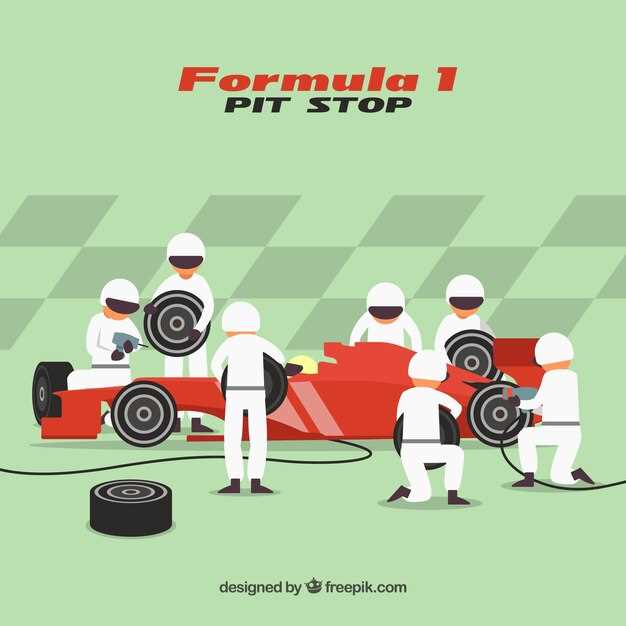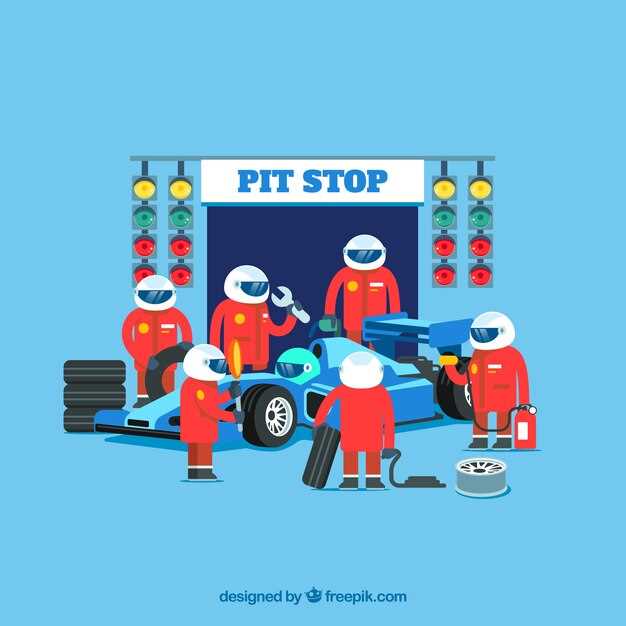Inside VW Motorsport’s Strategy for Endurance Races

The world of endurance racing is a complex battlefield where strategy often determines success more than speed alone. VW Motorsport has developed a comprehensive plan that integrates cutting-edge technology with a deep understanding of race dynamics. This article delves into the intricacies of their approach, highlighting how meticulous planning fuels their endurance racing performance.
At the core of Volkswagen’s endurance racing strategy is a commitment to optimizing every aspect of performance. From the initial design of their vehicles to the execution of race-day tactics, every detail is meticulously considered. The team’s strategy encompasses not only vehicle engineering but also tire management, fuel efficiency, and driver coordination, ensuring that all elements work in harmony throughout the race.
Understanding the significance of endurance racing requires an appreciation for the mental and physical toll it takes on drivers and teams alike. VW Motorsport acknowledges this challenge by implementing rigorous training programs and developing a cohesive team environment. This dedication to preparation is reflected in their race plans, which are designed to adapt to ever-changing race conditions.
Key Components of VW’s Endurance Racing Plan

VW’s endurance racing plan is built on several crucial components that optimize performance and reliability over long distances. Central to the strategy is the development of cutting-edge technology that enhances the efficiency of both the powertrain and the aerodynamics of the racing vehicles.
Another key element is the careful selection and training of drivers, who must excel in stamina and adaptability under varying conditions. This ensures that the team can maintain a competitive pace while minimizing fatigue during prolonged races.
Additionally, VW places a strong emphasis on data analysis and real-time telemetry. Collecting and analyzing performance data during races allows the team to make informed adjustments to their strategy, ensuring they can react swiftly to changing circumstances on the track.
Fuel management is also vital in VW’s racing plan. Implementing a strategy that maximizes fuel efficiency while ensuring adequate power output helps in reducing pit stops, thereby maintaining track position throughout the endurance event.
Finally, robust teamwork and communication are essential components of VW’s approach. Each member of the racing team plays a pivotal role, from engineers to pit crew, ensuring that every element of the racing operation functions seamlessly to uphold the team’s competitive edge in endurance racing.
Technology Innovations Driving VW’s Race Performance
Volkswagen Motorsport has consistently pushed the boundaries of technology to enhance its endurance racing capabilities. One significant innovation in their plan involves the development of advanced hybrid powertrains that improve efficiency while maximizing power output. This integration allows the vehicles to harness energy effectively during the race, optimizing performance and extending the range of each endurance stint.
Another critical aspect of VW’s racing strategy is the application of lightweight materials, such as carbon fiber and aluminum alloys. These materials significantly reduce vehicle weight without compromising structural integrity, leading to enhanced acceleration and handling characteristics on the track. This is particularly vital in endurance racing, where every second counts over prolonged distances.
The incorporation of sophisticated telemetry systems has revolutionized how teams monitor vehicle performance in real-time. VW’s use of data analytics enables engineers to assess factors such as tire degradation, fuel consumption, and engine health during races. This data-driven approach allows for on-the-fly adjustments to strategy, ensuring optimal race performance throughout the endurance events.
Moreover, VW’s commitment to sustainability is evident in their research into alternative fuels and electrification. By exploring these technologies, the brand aims to stay ahead of regulatory changes while maintaining competitive race times. This forward-thinking approach not only enhances race performance but also aligns with the global push for eco-friendly sports solutions.
In summary, VW Motorsport’s endurance racing performance is driven by a combination of hybrid technology, lightweight materials, advanced telemetry, and sustainability efforts. Each innovation represents a strategic element in their comprehensive racing plan, positioning VW as a formidable contender in the world of endurance racing.
Team Structure and Management for Long-Distance Success

The success of VW in endurance racing hinges on a meticulously crafted team structure that prioritizes collaboration and efficiency. Each member of the team plays a vital role in ensuring optimal performance throughout the grueling race conditions.
Central to this structure is the role of the team manager, who oversees overall operations, strategy implementation, and communication between different departments. This position requires a deep understanding of both VW’s racing philosophy and the unique demands of endurance events.
The engineering team formulates the technical backbone of the program, focusing on vehicle performance, reliability, and innovation. This group works in unison with the mechanics to ensure that each race car is prepared to withstand the extreme conditions typical of endurance racing.
Effective communication is crucial during the race. The team employs specialized strategists who monitor real-time data, making critical decisions based on factors like tire wear, fuel consumption, and track conditions. This ability to adapt quickly can be the difference between victory and defeat.
Moreover, the driver lineup is carefully chosen, balancing experience and stamina. Each driver is trained not only to maximize performance during their stint but also to communicate effectively with the team regarding car behavior and any necessary adjustments during the race.
Finally, logistical management plays a crucial role. Coordinating fuel, spare parts, and other essentials requires precise planning and execution. This logistical foundation supports the team, allowing them to focus on racing without interruptions.
In summary, VW’s endurance racing success is a product of a well-structured team, where every function is aligned towards a common goal. This comprehensive management approach ensures that they are not just participants but formidable contenders in the world of endurance racing.



